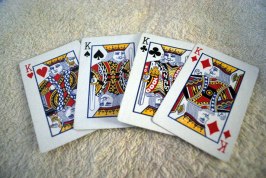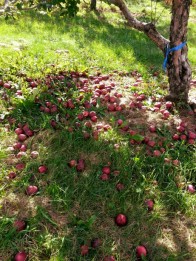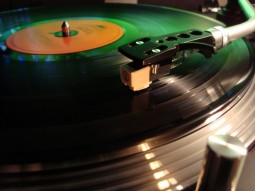There’s nothing like walking into a bookstore and having the scent of books hit my olefactory sense. Whether it is the pungent mustiness of used tomes or that “new book smell,” shelves lined with books ignite curiosity and bring comfort.
For me, reading simultaneously feels like coming home and setting off for uncharted adventures. Reading a new book and making the acquaintance of the characters dwelling in its pages is like making a new friend. And like human friendships, there is always room for more.
“Books are the most wonderful friends in the world. When you meet them and pick them up, they are always ready to give you a few ideas. When you put them down, they never get mad; when you take them up again, they seem to enrich you all the more.”
– Venerable Fulton Sheen
All sorts of genres: fiction, history, biography, religion, poetry, philosophy, fantasy– they all have a different “personality” through their various styles and myriad characters. They all teach you, comfort you, entertain you, challenge you, in diverse and wonderful ways.
Even now as a young adult, I relish going back and reading children’s literature. Classic kids’ books from the Chronicles of Narnia to the Berenstain Bears series to Charlotte’s Web to the Tales of Beatrix Potter, these enduring stories and others in the canon of time-honored children’s literature impart important lessons that are valuable to young, old, and in-between.
“A children’s story that can only be enjoyed by children is not a good children’s story in the slightest.”
-C. S. Lewis
During my senior year of college, one of my echoing refrains was that I couldn’t wait to be able to read whatever I wanted whenever I wanted again. Sure enough in the year-plus since graduation, one of my most pleasurable, restoring, and peaceful past times has been reading. Lying in a hammock in the warm sunshine of a drowsy afternoon or the cool evening breeze with a book or two–that is my happy place.
I have always been a voracious reader, a bookworm, a bibliophile. As nerdy as it may sound, I am truly grateful for the gift of stories, literature, books, and for the authors who pen these friends in leaf-and-binding form.
Before I was homeschooled, one of the best parts of “regular” school was when I’d walk into the classroom in the morning and find a Scholastic book order on my desk. I would eagerly open it up and begin circling the books I hoped my parents would purchase for me. Oh the joys of childhood!
I can definitely relate to that song from “Arthur,” one my favorite book series and TV shows from childhood. “Having fun isn’t hard when you’ve got a library card!”
I know you children of the nineties are singing along. 😉
Speaking of nineties TV shows, who remembers “Wishbone”? Another of my favorites. A cute, spunky Jack Russell terrier imagining himself as the hero of classic literature like Tom Sawyer and Romeo and Juliet, all the while going on relatable adventures with his owner Joe and Joe’s friends, Sam (Samantha) and David. Talk about truly educational children’s television! (For those of you who want a trip down memory lane, most of the old Wishbone shows can be found on YouTube.)
I don’t really know the point of this rambling and perhaps maudlin post except maybe just take it as a PSA in favor of reading! Haha. Reading really can improve your life, expand your vocabulary, help you to think critically and creatively, and introduce you to new places and people.
To all my fellow bookworms, keep on reading! Even if you’re not much of a book person, maybe listen to a book on CD or online.
I hope it’ll bring you much happiness!
 PC: https://www.facebook.com/I-Love-Dogs-And-Books-185755638206971/
PC: https://www.facebook.com/I-Love-Dogs-And-Books-185755638206971/












